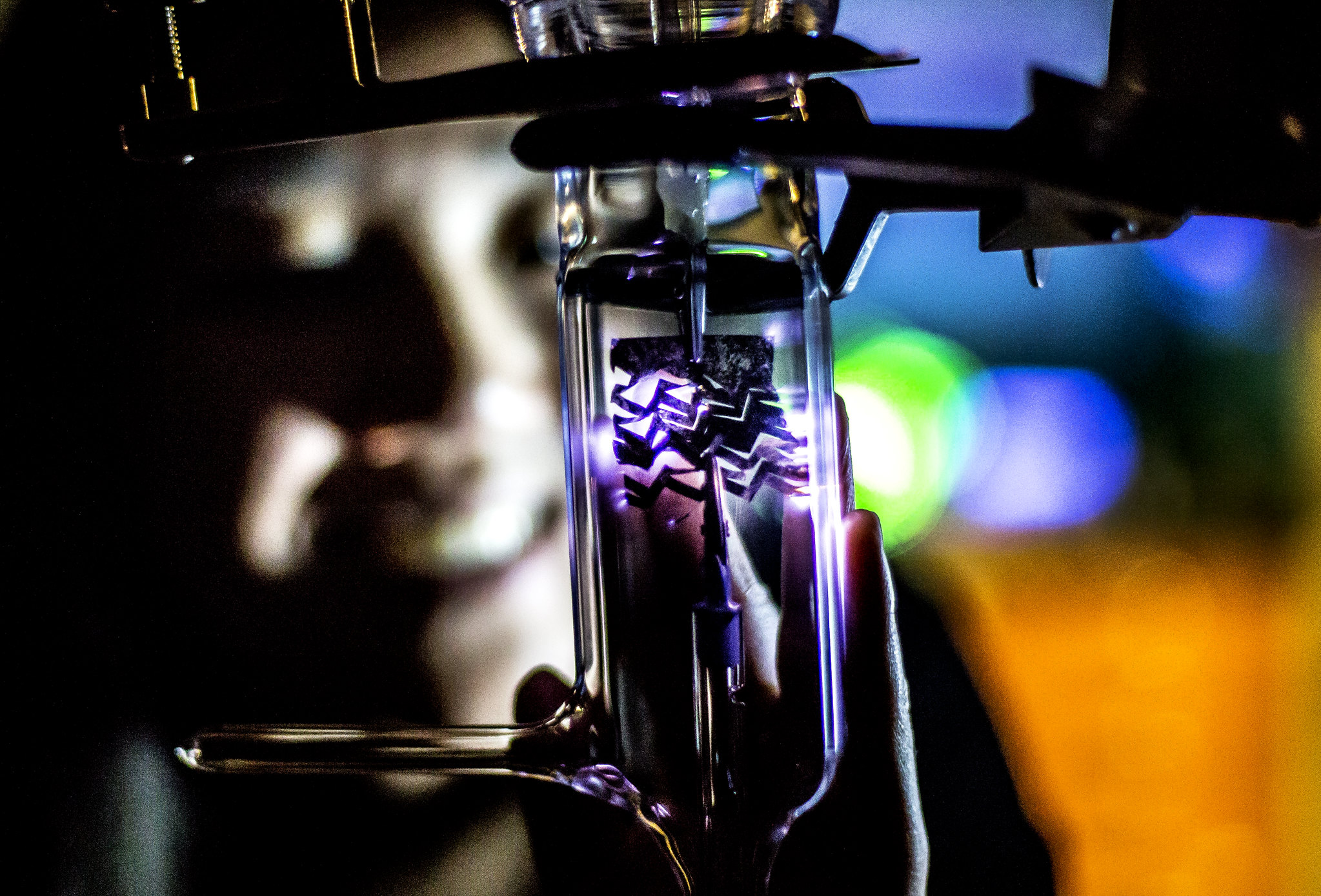
Nicholas Kotov receives ACS Outstanding Achievement Award in Nanoscience
U-M ChE’s Nicholas Kotov has received the 2022 Outstanding Achievement Award in Nanoscience from the American Chemical Society (ACS).

U-M ChE’s Nicholas Kotov has received the 2022 Outstanding Achievement Award in Nanoscience from the American Chemical Society (ACS).
Nicholas Kotov, Irving Langmuir Distinguished University Professor of Chemical Sciences and Engineering and Joseph B. and Florence V. Cejka Professor in the U-M Department of Chemical Engineering (U-M ChE), has received the 2022 Outstanding Achievement Award in Nanoscience from the American Chemical Society (ACS).
The annual award recognizes exceptional achievements in nanoscience research and notable leadership in the area of colloid and surface chemistry.
“I cannot express my thanks profusely enough for such an honor,” said Kotov. “I am equally thrilled and humbled. My students deserve a lot of the credit for their dedicated work and research passion.”
“I cannot express my thanks profusely enough for such an honor. I am equally thrilled and humbled. My students deserve a lot of the credit for their dedicated work and research passion.”
NICHOLAS KOTOV
Irving Langmuir Distinguished University Professor of Chemical Sciences and Engineering
Kotov conducts much of his research at U-M through the Kotov Lab which focuses on understanding the roles of biomimetic nanostructures in nature and seeks to further develop experimental, theoretical, and computational techniques for examining them. Lab members include both undergraduate and graduate students, as well as postdoctoral associates and visiting scholars.
Recent research from Kotov in this area includes a new biologically inspired battery membrane that has enabled a battery with five times the capacity of the industry-standard lithium ion design, and using terahertz light to create twisting vibrations in biomolecules such as proteins, confirming whether their compositions and structures are safe and effective.
Kotov was also recently recognized by the Materials Research Society (MRS) with the David Turnbull Lectureship and by the American Institute of Chemical Engineers (AIChE) with the 2021 Nanoscale Science and Engineering Forum Award.
Nicholas Kotov has been with U-M ChE since 2003 and has been a professor since 2008. Outside of U-M ChE, Kotov also works with the Biomedical, Materials Science, and Macromolecular departments at the University of Michigan.
ACS was founded in 1876 and chartered by the U.S. Congress, it has a membership of over 151,000 in 140 countries and its mission is to advance the broader chemistry enterprise and its practitioners for the benefit of Earth and its people.